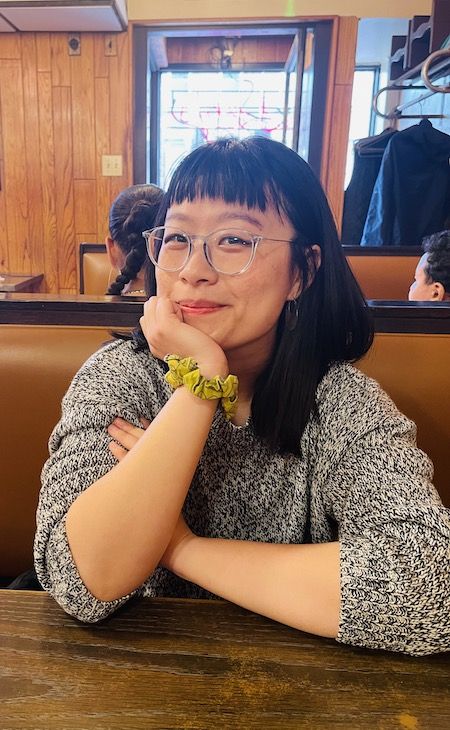Ensuring the Safety of Medical Devices
Before a sleep and respiratory care device from Philips gets sold, Sally Zheng leads the effort to ensure that all materials used in the device are biocompatible.
“As biosafety engineers, we are the gatekeepers of the product and the patients,” she says. “I feel a sense of worth that my job is important because it affects the lives of millions of people.”
Zheng collaborates with contract research organizations to design studies with the aim of collecting the data necessary to evaluate a device’s safety over its lifetime.
“It’s a really thrilling job because not only do I get to use science and problem-solving skills, but I get to interact with different people in the company like regulatory [specialists], project managers, design engineers, and supplier quality,” she says.
It’s a fast-paced environment, which Zheng says attracts “endorphin junkies” who can manage the constant “little fires” such as supply chain changes or production anomalies that need to be put out.
Zheng says she was first drawn to biomedical engineering at Illinois Institute of Technology as a way to learn “a little bit about everything,” from chemistry and physics to mechanical and electrical engineering.
“The BME coursework was perfect. I really couldn’t have asked for a better program,” she says.
She got involved in a research project with Philip Troyk, professor of biomedical engineering and Robert A. Pritzker Endowed Chair in Engineering at Illinois Tech, which encouraged her to pursue further research opportunities in academia.
When she was approaching the end of her Ph.D. program, Zheng considered staying in academia and says she found the idea of joining industry intimidating.
In the end, that’s what convinced her to make the leap.
“I love doing things that scare me,” she says. “I think what helped me overcome that fear is by going to symposiums that are centered around minorities making it in industry and learning about other peoples’ stories.”
In her current position, Zheng says she frequently finds herself using skills not just from her academic training but also the interpersonal skills that she learned through three years of being a resident adviser at Illinois Tech.
“I vividly remember we would be having these workshops, seminars, and retreats focused around diversity and inclusivity, how to handle conflict, and how you can talk with people that are different from you. That really helps me with the way I communicate with people nowadays,” she says.
Zheng says that these skills are particularly important for biomedical engineers, who are increasingly in demand on teams developing technology to help humans.
“Tech people really need that translator to be able to conform or adapt their technology to be human-friendly, so there are a lot of career opportunities,” she says. “In industry, being a biomedical engineer is really valuable because you’re not getting pigeonholed in just one discipline.”


